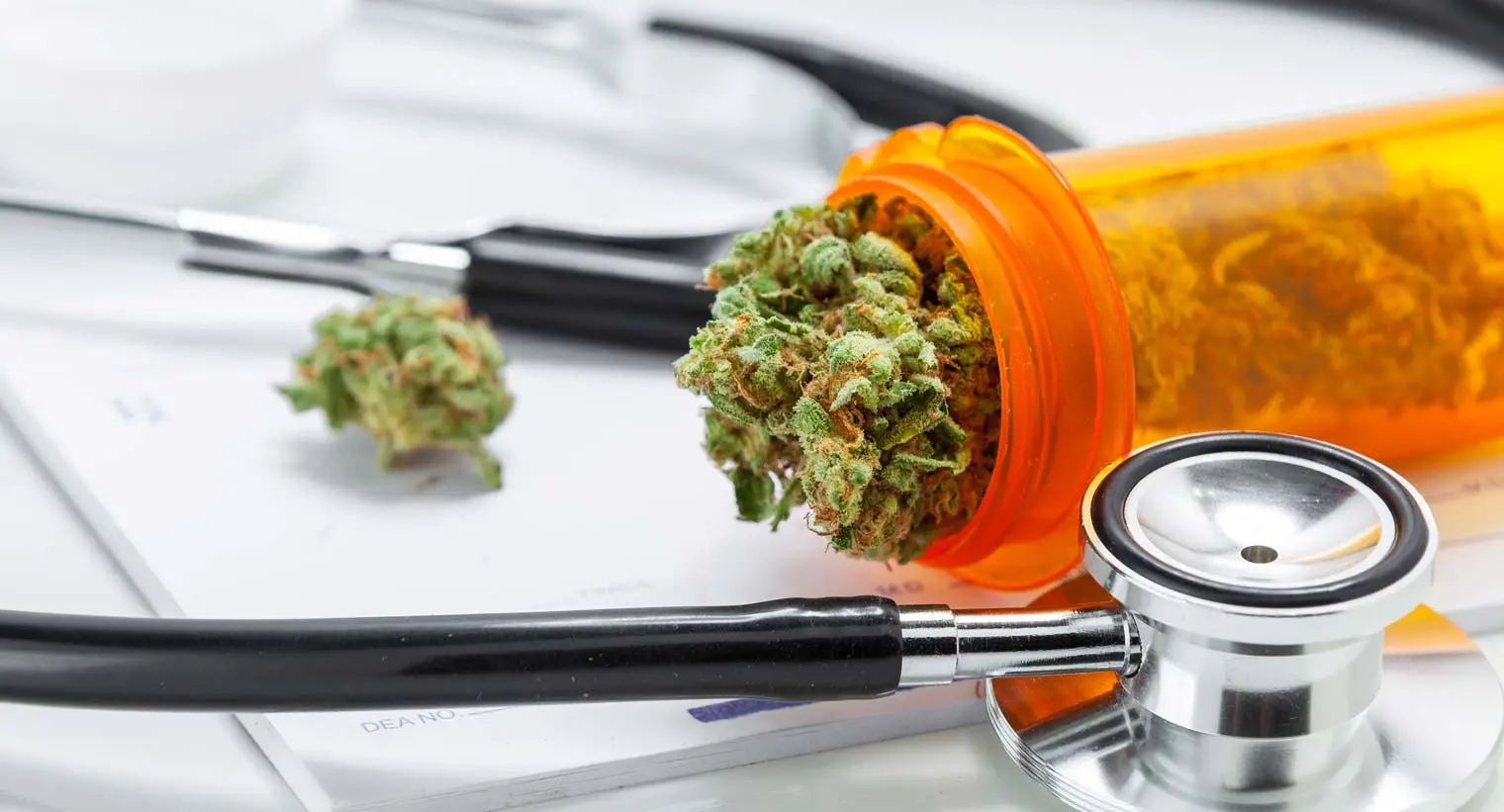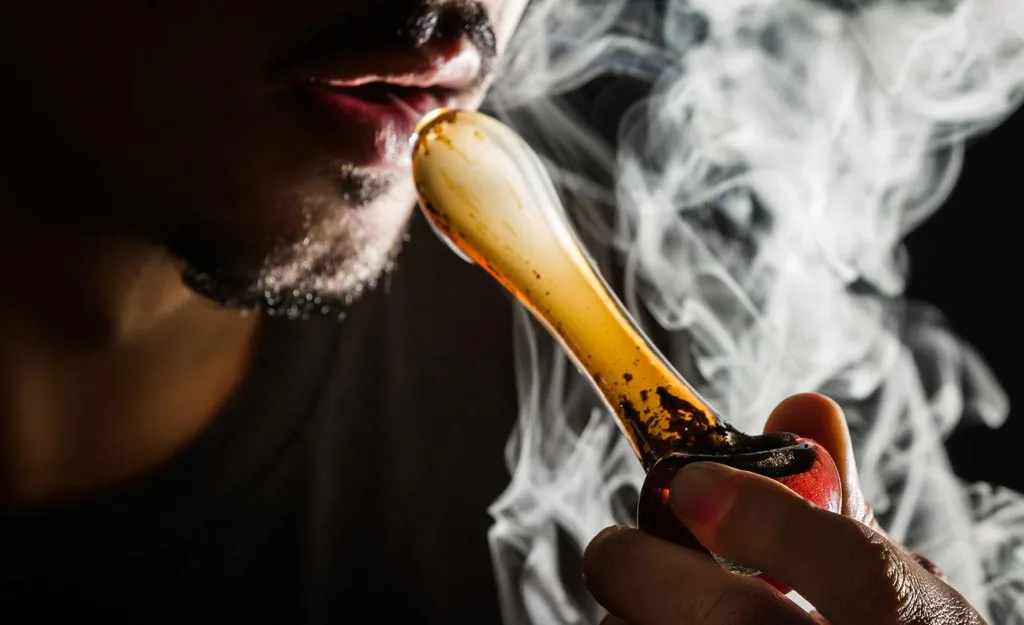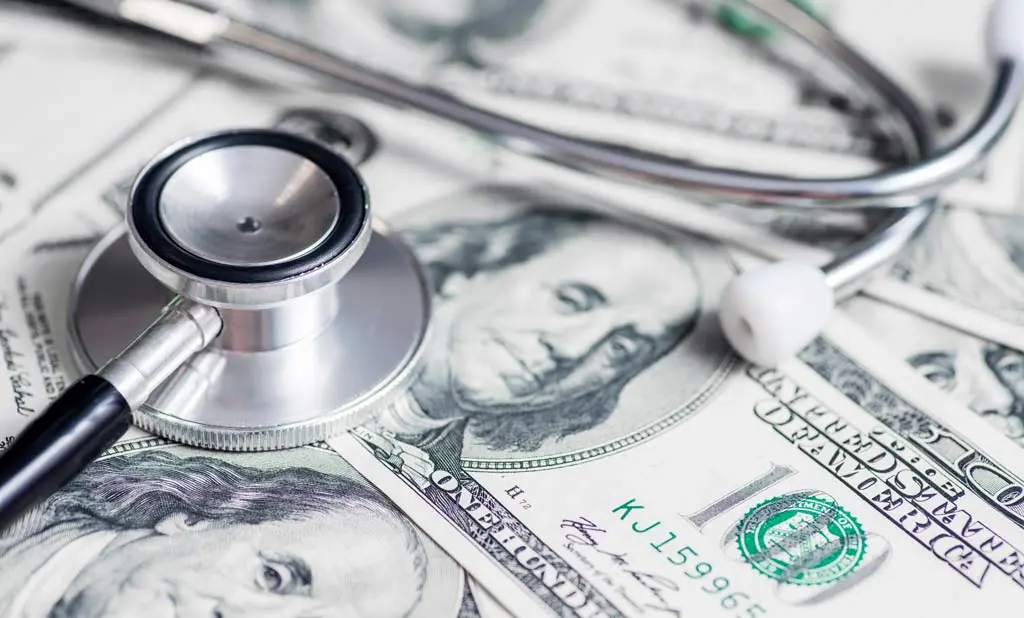Marijuana is among the most controversial topics in discussion today. Lawmakers in multiple places have considered whether it should be retained as a dangerous drug or should be recreational. In several states, the drug has seen widespread acceptance and even legalization.
In other places, it is viewed as dangerous, and rightly so. There are many records of individuals who have become addicted to the substance and its effects. However, most people aren’t aware of how addictive the substance is, and how that addiction forms.
Is marijuana addictive?
Table of Contents
Though it has been used for medicinal purposes throughout history, marijuana remains a controversial substance in modern times. As the number of states that permit medical or recreational marijuana use continues to increase, it is essential to understand the drug’s risks and benefits. “Is marijuana addictive?” is one question many may have about the drug. While we do not yet have definitive answers, research indicates that marijuana is likely not very physically addictive. At least, not in the way that addictive substances generally work.
The National Institute on Drug Abuse reports that 9% of people who use marijuana become dependent on it. This number compares favorably with other drugs like alcohol (15%) and tobacco (32-35%). However, this figure may seem higher when you consider that daily or near-daily marijuana users account for over 70% of those who use the drug in the first place.
Immediate Help For Marijuana Addiction
The short answer to this question is yes: marijuana is addictive. However, that doesn’t mean it’s impossible to use marijuana responsibly. Substances like alcohol, nicotine, and illicit substances (heroin, cocaine, etc.) operate on physiological and psychological dependency. Marijuana, while addictive, is mainly (but not wholly) formed via psychological dependence. One does not suffer the same level of physical body cravings and withdrawals from marijuana consumption as they do from other controlled addictive substances.
Can marijuana addiction be treated?
Marijuana addiction can be treated, but it’s a long process. 1-3 months of inpatient treatment (usually more intense than outpatient) is generally needed to break the habit and get you on the road to recovery.
In the case of prescription drug addiction, there’s often no shame in admitting that you have a problem. If you do, it’s best to get help sooner rather than later. Many people think using marijuana is harmless, but it isn’t — especially for young people still developing brains and bodies.
Marijuana has psychoactive effects (like alcohol or other drugs) and can lead to psychological dependency if used frequently or in high doses. Addiction can affect anyone at any age, but it’s hazardous for teens because they’re still developing their brains and bodies.
Marijuana addiction can be treated effectively either through behavioral therapy or a combination of therapy and medications. Behavioral therapy is designed to help you break the habit of smoking marijuana. Medication may also be used to reduce withdrawal symptoms and prevent relapse.
Behavioral therapy focuses on changing behavior patterns, such as those related to substance misuse, to break the addiction cycle. Treatment may include counseling, group therapy, and self-help groups. For example, cognitive-behavioral therapy (CBT) helps you recognize your thoughts about drugs and how they affect your feelings and behavior. This allows you to become aware of how marijuana use affects you physically, mentally, and socially. You will learn to identify triggers that cause you to use the substance.
Several medications are currently used for treating marijuana addiction. Antidepressants such as bupropion (Wellbutrin) or fluoxetine (Prozac) may help people who have trouble stopping smoking because they feel depressed or anxious during withdrawal. They also may help people who have trouble quitting because they have intense cravings for marijuana while their bodies are still getting used to not using it any longer.
What is marijuana rehab?
What is a marijuana rehab center? Rehabs are facilities licensed to treat people with drug or alcohol problems, and marijuana fits the description of a substance that can result in addiction and dependency.
There are many reasons why someone may want to seek treatment for substance abuse, but the main reason is that it can negatively affect the person’s life. A rehab facility aims to help people who want to stop using drugs or drinking alcohol by providing them with the necessary support, tools, and structure to live sober.
Who benefits from marijuana addiction treatment?
Although the United States’ attitude toward marijuana has shifted in recent years, it is still considered a Schedule 1 substance under the Controlled Substances Act. That means the Drug Enforcement Administration (DEA) considers its possession, use, and distribution illegal under federal law. According to a 2009 National Institute on Drug Abuse (NIDA) report, “marijuana is the most commonly used illicit drug in the U.S. About 14.6 million Americans aged 12 or older used marijuana for the first time within the past year.”
While marijuana rehab can be a necessary step, it’s also important to recognize that a substantial number of people with cannabis use disorder would never have become addicts if they hadn’t gone through some trauma in their life. Whether it was an emotional trauma or physical trauma, each comes with its own set of circumstances that make the person vulnerable to addiction.
There are so many reasons why people end up using marijuana as a coping mechanism: they are going through a divorce; they have been diagnosed with an illness; they’ve lost a loved one; they have lost their career; they have PTSD; they have anxiety; they have depression; they have bipolar disorder—the list goes on and on. The bottom line is that without help, it’s hard to decide where to stop and when to keep going. This is where professional treatment steps in.
Do I need a medical detox for cannabis addiction?
Medical detoxes are usually necessary for treating people who are suffering from substance abuse disorders. These detoxes focus primarily on the physical and psychological symptoms of withdrawal. They also help patients manage cravings and deal with the underlying causes of addiction and withdrawal.
When it comes to cannabis, however, many believe a medical detox is unnecessary because the plant doesn’t typically cause the same physical cravings and withdrawal as other addictive substances do. They may also think cannabis is safer because it can be used to mitigate pain, such as from terminal cancer or arthritis. The truth is, however, much less than other substances, that cannabis can be addictive and has many of the same withdrawal symptoms as other drugs. Medical detox can be an excellent way to manage these symptoms and prevent relapse.
How long does treatment at a marijuana rehab facility last?
Rehab centers offer marijuana addiction treatment in a variety of forms and lengths. Some are short-term, lasting only a few weeks or months, while others are longer-term and more intensive. The length of the program will vary depending on your needs and the severity of the client’s addiction.
Generally, marijuana addiction rehab treatment usually lasts 30, 60, or 90 days. The length of the program is determined by how many days it takes for the patient to stop using marijuana and learn how to live without it. The average length of a marijuana rehab treatment program is about 28 days. People who have been addicted to marijuana for a long time often need more time in treatment to quit for good. The best detox centers will also offer aftercare and relapse prevention services after your stay as part of their marijuana addiction rehab treatment program. Marijuana addiction recovery is a process that begins with the dependency detox and ends when the addict is entirely free of all symptoms related to the drug. It’s a multi-step process that involves several phases.
24 Hour Addiction Hotline
The Phases of Marijuana Addiction Treatment
The first step in treatment is the detox phase, which can be one of the most challenging for addicts. During this time, their bodies are weaning themselves off chemicals and other substances, which can lead to temporary but unpleasant symptoms like nausea, vomiting, and tremors. It is essential that, typically, the physical dependency and withdrawal symptoms of marijuana are statistically significantly less intense than other substances.
The second phase of marijuana treatment is the rehabilitation phase, which can last anywhere from 30 days to 6 months. During this time, patients work with trained professionals to learn how to live without marijuana. Withdrawal symptoms are managed with medications, and behavioral therapy sessions are conducted to help addicts understand and identify their triggers for using again.
The final phase of marijuana addiction treatment is relapse prevention. This stage helps individuals develop coping mechanisms for dealing with difficult situations that could lead them to use the substance again. Establishing and creating positive, rewarding, good routines and habits can be critical to this phase. A healthy support system of family members and friends can also play an important role in relapse prevention.
How much does marijuana rehab treatment cost?
It is hard to know how much treatment for marijuana addiction will cost without considering the specifics of your situation. What type of treatment are you looking for? How long does it last? How much does living in the area where you’ll be seeking treatment cost? What is included in the price of your stay?
When considering what type of treatment to pursue, you will want to ensure that you’re getting something that will work best with your needs. The most common form of marijuana addiction treatment is outpatient care. This allows you to continue living at home while attending weekly therapy sessions, group meetings, and 12-step programs. Inpatient care is another choice, but you must stay at a treatment center or psychiatric facility while receiving treatment. A third option is residential care, an intensive version of inpatient care in which you’d live on-site at a rehab facility for several months.
Inpatient vs Outpatient Addiction Treatment Costs
A marijuana addiction treatment program can cost anywhere from $6,000 to $30,000 or more. This is an extensive range; however, several factors can contribute to the costs of a marijuana addiction treatment program. The first factor is whether the program is inpatient or outpatient.
An inpatient program has the patient living at the treatment facility for the duration of the program. In contrast, an outpatient program has the patient living at home and attending group sessions several times per week. The second factor is whether the program is court-ordered or voluntary.
The third factor is whether the patient qualifies for insurance or government assistance. If a patient is not eligible for insurance or government assistance, they will end up shouldering most of the cost of treatment out-of-pocket (OOP). Suppose a patient does qualify for insurance or government assistance. In that case, they will receive some financial support from their health insurance provider and the state/federal government.
The biggest takeaway regarding cost is that it varies wildly, and the number of variables is extensive. This is one of those things that varies widely from person to person based on their own unique needs.
Is cannabis addiction treatment covered by insurance?
Generally, according to the Affordable Care Act guidelines, most insurance companies offer some degree or another of coverage for marijuana addiction treatment. Because marijuana does not typically have the same extensive and intense traditional detox period as alcohol and opioids, inpatient treatment is generally not considered necessary. Most insurance policies do not cover it. However, remember that there will almost universally be some extent of coverage for outpatient treatment. In the case of someone who is in active need of intensive or inpatient treatment for marijuana addiction, there are other options. Many facilities offer flexible payment options or even slide scale options to make treatment available to all who need it. All in all, while there is not full coverage from insurance for marijuana addiction treatment, the fact remains that there are more than a few options available to anyone in need of treatment.
Get help for your marijuana dependency now.
While some might think that the use of marijuana is harmless, the fact is that it can be debilitating to your health. Many who have become addicted to marijuana are unaware of the signs of addiction and how it can affect their lives. They may also not know how to seek help if they feel they need it. There are many reasons why you might be dealing with marijuana dependency. The most common reasons are that people use the substance to help them forget about their problems, albeit temporarily, or to escape from the stress and anxiety of everyday life and cope with the changes that affect them as they grow older.
24 Hour Mental Health Hotline
Improve Your Life with Marijuana Treatment Services
Though these reasons seem harmless, the fact that there is a substance dependency at play is unavoidable. Modern research has shown just how much marijuana can potentially affect learning and memory, decision-making, and coordination. Scientific research has also found links between prolonged marijuana use and mental health problems such as depression and anxiety.
Marijuana is now legal in many areas across the country, but that does not mean that it is completely safe. People addicted to marijuana are more likely than non-addicts to develop health issues such as respiratory problems or mental illness, including anxiety and schizophrenia. With all these risks involved with continuing your addiction, you need to understand what you are potentially putting yourself through and find out how to deal with your dependency before things get worse.
Emerald Isle Health & Recovery is here to help. Contact their warm and welcoming Admissions staff today to discuss any questions and learn about how to begin the process of recovery.




